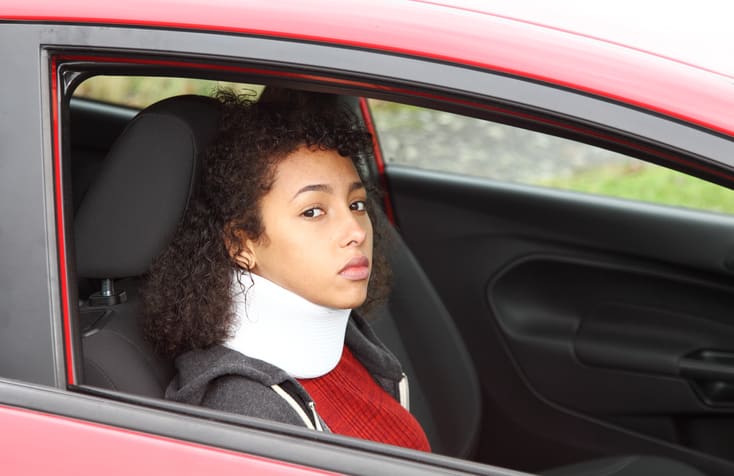
The El-Khodr v. Lackie trial decision was a win on pre-judgment interest for accident victims in Ontario after the 2015 amendments, but that has now been overruled by the Court of Appeal two recent decisions. The Court of Appeal heard the El-Khodr appeal along with the Cobb v. Long Estate appeal because of common issues.
This Court of Appeal ruling hits accident victims hard on three major issues – pre-judgment interest, deduction of Accident Benefits from a tort award/future assignments and cost consequences.
Pre-Judgment Interest and Costs
The January 1, 2015 amendment s. 258.3(8.1) of the Insurance Act changed the pre-judgment interest rate from 5% per year to the bank rate at the time of the commencement of the lawsuit (which currently sits at less than 1% per year). The Court concluded that there is no vested interest in any particular rate of pre-judgment interest, as it is subject to judicial discretion. A Plaintiff has no crystalized right to an interest rate until the trial judge determines the rate. Therefore, the change in the legislation has retrospective effect for actions commenced before January 1, 2015. This means that insurers will save a lot of money, and have little incentive to move cases speedily through to trial.
Similarly, the January 1, 2015 amendment to s. 267.6(9) of the Insurance Act, provided that the statutory deductible ought to be applied when assessing costs at the end of the case. Prior to the amendment, the deductible was not applied when assessing whether a Plaintiff beat an Offer to Settle. Following the amendment, a Plaintiff must beat an Offer to Settle net of the deductible. The Court of Appeal ruled that this amendment also has a retrospective effect because there is no vested right to costs, and costs are procedural in nature.
Deduction of Accident Benefits from Tort Award and Future Assignment
The Court ruled that the strict matching, or “apples to apples” approach, when deducting Accident Benefits from a tort award ought to be relaxed. Traditionally, a Plaintiff would ask the judge to compare actual benefits paid to the amount a jury awarded for specific types of treatment/benefits (for example: massage therapy to massage therapy). The court ruled that this was too onerous for a trial judge. A trial judge need only match one category of benefits to the same category of damages awarded by the jury – the “silo” approach (for example: medical rehabilitation benefits are deducted from medical benefits).
One of the underlying reasons for the Court of Appeal’s decision in these cases was the broadness of the jury questions in El-Khodr and Cobb. The trial judge is not in a position to assume what the jury means when a head of damage is awarded to a Plaintiff. Practically speaking, this means that Plaintiff’s counsel should strive for more specific jury questions that break down the damages for each category of benefits. It may even assist to have jury questions divided between past and future benefits. However, given the Court’s comments about the “silo” approach being based in legislation, rather than common law, a trial judge may still not differentiate between past and future benefits when calculating the deduction.
Similarly, the Court ruled that asking the jury for lump sum damage awards will not disentitle a Defendant from a future assignment of Accident Benefits. Broad jury questions that make it difficult, or impossible, for a trial judge to determine what amount of a jury award belongs to past, future, or a particular category of benefits, does not mean an insurer loses the ability to have a future assignment for ongoing Accident Benefits.
For a more in-depth analysis or to find out how these changes may affect your car accident case, contact Melissa Miller at mmiller@hshlawyers.com or 416-847-1063, or Michael Henry at mjhenry@hshlawyers.com or 416-361-0889.






